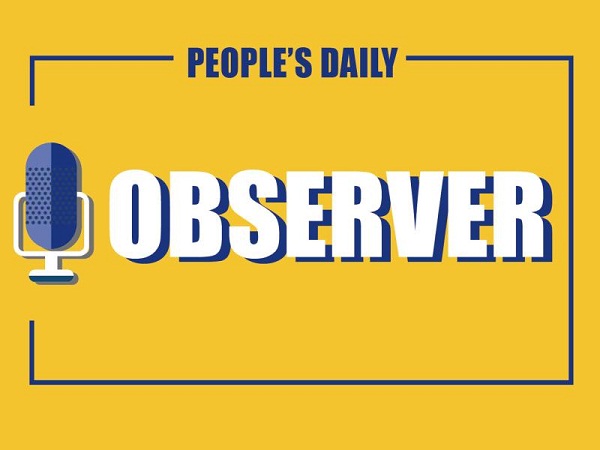US President Donald Trump signed a bill related to Xinjiang on Wednesday, adding a new point of friction to an already fraught relationship. At this moment, how China-US relations will shape up in the coming months is one of the top geopolitical concerns of the international community.

The US interference in Xinjiang has always been strongly opposed by the Chinese government. Xinjiang-related issues are internal affairs of China. The US government's repeated attacks on China over Xinjiang-related issues are clear interference in China's internal affairs and therefore violate international law and the basic norms governing international relations.
The Xinjiang-related issues are not, in essence, issues of human rights, but issues of combating terrorism. Xinjiang was once a victim of terrorism. In the face of the severe situation, the government of the Xinjiang Autonomous Region has cracked down on terrorist activities, and at the same time, made efforts to eliminate the breeding ground for terrorism, actively promoting economic development, ethnic unity and social stability. These measures have ensured that Xinjiang has not suffered a single terrorist attack in recent years.
The US' eagerness to play up the so-called human rights issue in Xinjiang does not really establish it as a defender of human rights in the international community. Historically, the US has shown obvious selectivity and double standards in conducting human rights diplomacy. The human rights criticism of the US is always directed at countries that Washington strategically identifies as adversaries or enemies. When human rights issues arise in the US itself or among its allies, Washington has shown little resolve to really address the problems.
The current focus of global attention is the human rights crisis in the US, namely, the continued protests and demonstrations triggered by the death of African-American man George Floyd. Floyd's tragic death laid bare the systemic racial injustice that has long existed in the US. At the request of African countries, the UN Human Rights Council planned to hold a session to focus on issues such as racial discrimination and police violence in the US. Ironically, US politicians are rushing to fend off any UN involvement and call the UN criticism "absurd".
The last thing the world needs now is another point of friction between China and the US. The history of the past four decades shows that only when China and the US, two major powers, handle their relations on the basis of mutual respect, can they avoid major frictions and destabilizing factors. At present, China-US relations have already entered a new difficult period. To prevent a further downward spiral, both sides need to revisit the lessons of history and reinforce the basic principles of non-interference in each other's internal affairs and mutual respect.


